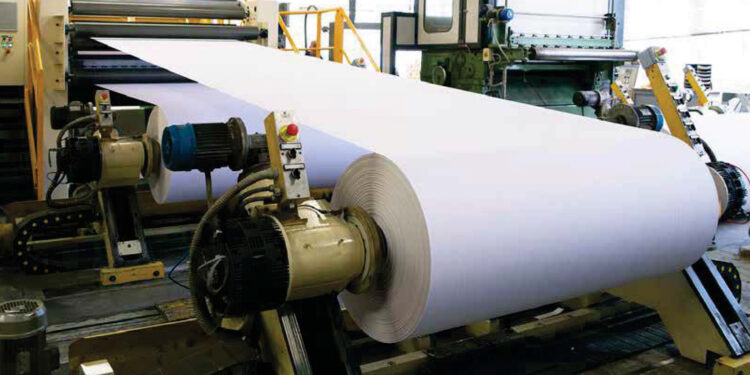Introduction: A Strategic Hub for Investment
Egypt has increasingly emerged as a strategic destination for industrial investments. With its location bridging Europe, Africa, and Asia, Egypt boasts easy access to major shipping routes and markets across the Middle East and Europe. Coupled with a large and growing domestic market of over 100 million people, skilled labor, and ongoing economic reforms, Egypt is a promising location for diverse industries. The Egyptian government has implemented policies aimed at fostering foreign direct investment, offering tax incentives, and streamlining regulations to attract investors.
A Snapshot of Egypt’s Paper Market
Egypt’s annual paper consumption is around 500,000 tonnes, yet the country only produces a third of this, relying on imports for the remaining demand. The country’s four public-sector paper mills supply roughly 34% of the required pulp for writing and printing paper. Despite production constraints, these mills have maintained a strong reputation for quality, serving both domestic and international markets. However, the high cost of imported raw materials continues to challenge the competitiveness of Egyptian mills globally, highlighting a need for investments in facilities that could leverage local materials or recycled fiber.
Key Enablers of Industrial Investment in Egypt
- Strategic Location: Egypt’s position as a gateway between continents makes it an attractive choice for trade and investment. It provides logistical advantages for exporting paper products to nearby markets.
- Growing Market: Egypt’s expanding population and diversified economy generate a consistent demand for paper products, especially in packaging and educational materials.
- Labor Force: Egypt’s workforce is large, skilled, and relatively affordable compared to many manufacturing economies, presenting an attractive option for companies aiming to lower production costs.
- Free Trade Agreements: Egypt’s trade agreements with Europe, the US, and Africa reduce tariffs and open doors to larger markets, making it easier for Egyptian paper companies to export their products.
- Supportive Government and Infrastructure: The Egyptian government offers extensive support to investors, with incentives like tax breaks and investment zones, alongside solid infrastructure, from transport networks to renewable energy.
Market Dynamics: Domestic and Global Trends
The printing and writing paper market in Egypt has expanded at an annual growth rate of 3.7% in recent years, with demand driven by eco-friendly alternatives to plastic packaging and increasing educational needs. Egyptian public-sector companies, such as Qena Paper Company and Misr Edfu Paper Co., focus on producing textbooks, copy books, and examination papers, while private companies specialize in processing imported paper.
Internationally, the global printing and writing paper market is predicted to grow, projected to reach USD 7.92 billion by 2026 with a CAGR of 1.76%. As e-commerce and food packaging continue to grow, the Egyptian market sees increased demand for sustainable paper packaging solutions, presenting an opportunity for local manufacturers.
Technological Trends in Paper Manufacturing
The paper industry is adopting innovative technologies to streamline production and meet evolving demands:
- 3D Printing with Paper: Adds flexibility to manufacturing processes by allowing swift prototyping and design.
- Laser Cutting and Digital Printing: Enable higher quality and precision in paper products, boosting efficiency and reducing costs.
- Sustainable Practices: Growing environmental awareness encourages the use of recycled materials and sustainably sourced fibers, aligning with global sustainability trends.
Key Markets for Egyptian Paper Exports
Egypt’s strategic location opens up diverse export destinations:
- Middle East: Countries like Saudi Arabia and the UAE are significant markets due to geographic proximity.
- Europe: Egyptian paper is valued for its quality in European markets such as Italy and Greece, with increasing demand for sustainable paper products.
- Africa: Emerging markets in Kenya, Nigeria, and South Africa present additional opportunities for Egyptian paper exports due to accessible logistics and growing demand.
Conclusion: Opportunities and Outlook
Egypt’s paper industry, while facing challenges from high raw material costs and competition, is poised for growth driven by demand in both local and international markets. Investment in local production capacity, particularly facilities that can use recycled materials, would help Egypt further develop its paper market. Through strategic location, skilled labor, and government support, Egypt has positioned itself as a competitive player in the regional paper industry, with potential to expand into broader markets across the Middle East, Europe, and Africa.























































